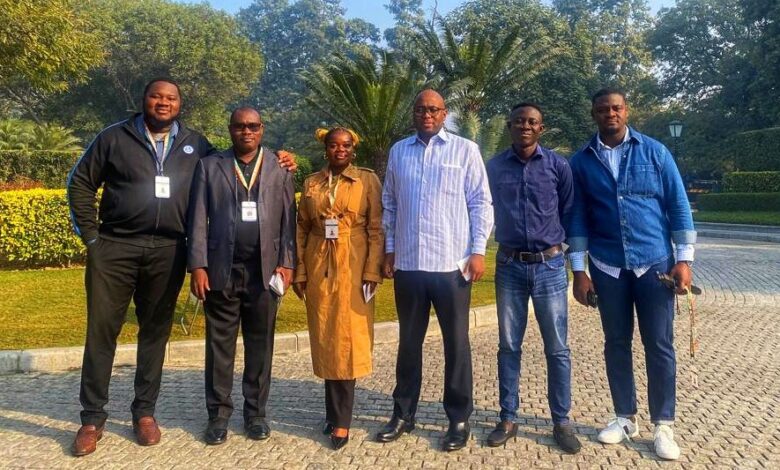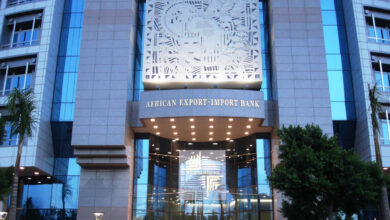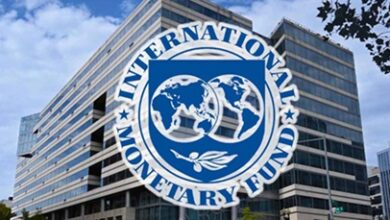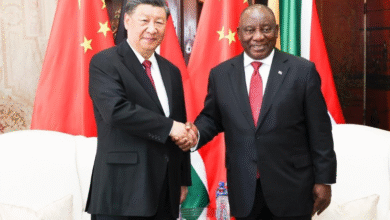How India’s Hospitality Industry Turns Experience into Economic Power

India’s tourism and hospitality industry does more than attract visitors. It draws them in completely. Business leaders, investors, tourists and professionals from across the world arrive for landmarks and history, but stay because of a service culture that is deliberate, human and consistently delivered. Beneath that experience sits an industry that has been consciously positioned as a driver of growth, employment and national influence.
The scale of that ambition is reflected in the numbers. The World Travel and Tourism Council projects that India’s tourism sector will double in value over the next decade, expanding from about US$256 billion today to US$523 billion. That growth is expected to generate roughly 18 million new jobs, pushing total sector employment to about 63 million. These outcomes are not accidental. They are the result of sustained policy alignment, private investment and institutional discipline.
These reflections follow a recently concluded familiarisation visit to India involving about 27 editors and journalists from across Africa and Oceania, including six from Ghana. The programme was designed to expose media leaders to India’s economic, cultural and institutional strengths. The visit has ended and participants have returned home, but the impressions, lessons and quiet comparisons it provoked remain vivid.
Our collective experience, particularly at The Oberoi in New Delhi and the ITC Hotel in Mumbai, offered a close and lived understanding of how India treats hospitality not as a peripheral service, but as a strategic economic pillar.
A Personalised Welcome That Cuts Through the Cold
At The Oberoi in central Delhi, the harsh winter outside faded almost immediately on arrival. In its place was a calm, intentional atmosphere designed to reassure and steady the guest.
A personalised welcome message appeared on the television screen, followed by a letter bearing my name. It went beyond pleasantries. The note explained the hotel’s advanced air filtration systems, designed to meet global indoor air quality standards, an important reassurance in a city grappling with winter smog intensified by cold air stagnation.
The same letter introduced ASMI by Oberoi, the group’s wellness philosophy rooted in ancient Indian traditions and refined through modern wellbeing science. It felt less like marketing and more like an invitation to slow down, restore balance and feel safe.
It was the first clear signal that hospitality here is structured, thoughtful and intentional, reflecting an industry that understands trust as a form of capital.
Hospitality Lives in the Small Things
Attention to detail surfaced everywhere.
A pillow menu offered options ranging from duck down and buckwheat to memory foam, dual zone and body pillows. Each choice was explained not just in terms of comfort, but posture, sleep quality and allergy considerations. Even rest was personalised.
Another note outlined the hotel’s gratuity policy. There was no service charge and no encouragement to tip individuals. Guests were instead invited to mention staff who offered exceptional service. Excellence, it made clear, is expected as a system, not performed for reward.
At breakfast, a simple card carried an Anthony Bourdain quote: “What nicer thing can you do for somebody than make them breakfast?” On a freezing Delhi morning, it landed with unexpected warmth.
Service itself was equally instructive. Waiters and waitresses did not hover, yet they were always present. Guests were welcomed, guided to seating and asked about their preferences. Staff demonstrated deep knowledge of the menu, particularly India’s wide range of teas, explaining their medicinal properties and appropriate use with confidence.
What stood out most was speed and attentiveness. A raised hand was enough. Requests were met almost instantly. After serving, staff stepped back discreetly, watching from a distance, ready to return if needed. Occasional quiet check-ins replaced intrusion.
I am yet to encounter this level of consistent, informed attentiveness in any hospitality facility in Ghana.
When Service Becomes Human
Perhaps the most revealing moment came from a fellow journalist on the programme.
“I had a tummy upset,” the colleague recalled. “I asked for Colodium. Instead, they connected me to a doctor, apparently a resident one. The medicine arrived. Then flowers followed. And a thank you note.”
This happened while temperatures outside hovered near freezing. There was no bureaucracy or delay, only instinctive care supported by systems.
I had a similar experience. At about 2 a.m., I called reception over stomach discomfort. The response was immediate. I was connected to a doctor, assessed and prescribed Ocid, omeprazole gastro resistant capsules. Shortly after, there was a knock on the door. The medication had arrived.
Later that day, after returning from scheduled visits, a message awaited me in my room:
“Dear Mr Aidoo,
Trust you are comfortable in your room. On behalf of all of us, please accept our warmest wishes for a swift and full recovery.
Should there be anything we can do to support you during this time, please do not hesitate to reach out.
Warm regards,
Ajay Chauhan
Rooms Division Manager”
This was not luxury theatre. It was empathy embedded in process.
Mumbai and the Same Discipline
At ITC Hotel in Mumbai, the pattern repeated. Different city, same discipline. From staff calibre to food quality, facility management and responsiveness, the experience reinforced a central truth. In India’s hospitality sector, service excellence is institutional, not incidental.
This consistency helps explain why global institutions see tourism as central to India’s economic future. The World Bank describes the sector as a critical driver of growth, employment and sustainable development, pointing to strong post-pandemic recovery led by domestic demand. Through partnerships with the Indian government, it is helping transform sites such as the Buddhist Circuit into high value tourism experiences that attract investment, create jobs and support local livelihoods.
The hospitality industry itself is expanding rapidly. India’s hospitality market is projected to reach about US$55 billion by 2025, supported by rising private investment and an ecosystem that treats tourism as serious business.
What Ghana Can Learn Beyond Hotels
For Ghana, particularly as it seeks to position itself as a tourism, conferencing and investment destination, the lessons are clear.
Systems must anticipate human needs rather than merely respond to complaints. Health, comfort and reassurance are foundational, not optional.
Service culture must be institutionalised. What distinguishes India is not individual brilliance, but consistency. Everyone delivers, every time.
Personalisation is not expensive. It is intentional. Addressing guests by name, understanding wellbeing concerns and responding proactively require mindset, training and discipline more than capital.
Staff quality is non negotiable. The confidence, knowledge and professionalism of hospitality workers reflect sustained investment in training and a culture that treats service as a serious profession.
Above all, tourism works best when aligned with national purpose. India understands hospitality as soft power, economic strategy and national branding combined.
A Country That Has Learned to Perform Under Pressure
Delhi today feels like a city, and India a country, that has learned to perform under pressure. Whether facing extreme weather, population scale or global scrutiny, systems hold.
The cold mornings bite harder than I remember from thirteen years ago. But the warmth of service, institutional confidence and intentional design is unmistakably stronger.
For those of us who took part in this familiarisation visit and have since returned home, the message is unmistakable. Development is not only about infrastructure. It is about how systems make people feel, especially when conditions are toughest.




